Future Leaders Fearlessly Explore Poetry at Millersville University

A young lady writes to an absent father wishing she could see him again.
An aspiring rapper seeks acceptance from his parents and struggles with a secret that pulls at his heart.
A young lady translates her pain form Nepali to English to ensure that I see the real her because she believes no one else can.

A Nepalese young man shares his three wishes and repeats that he doesn’t want to die without his dreams coming true.
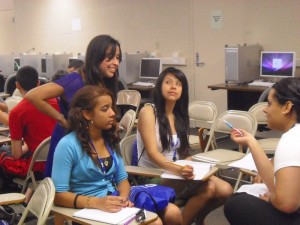
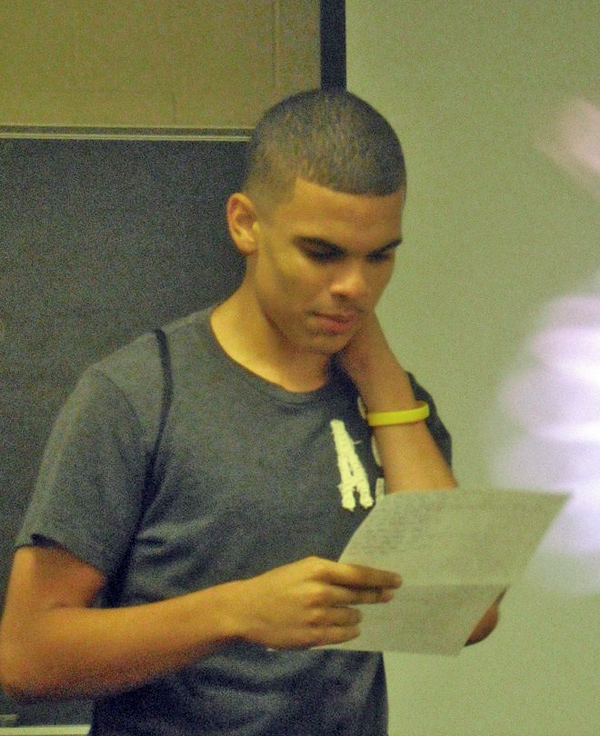
A young lady from the Dominican Republic details in delicate Spanish verses how her faith holds her in times of need.
A young man writes that he only cries in the rain so no one can see his tears.
A young lady pushes past her tears and is determined to recite verses about a childhood trauma
 |
 |
 |

These are just some of the themes that were explored during a poetry and spoken word workshop I conducted on August 3, 2012 at a leadership camp at Millersville University. When Inés Vega, the coordinator of migrant education, parental involvement, and special projects, contacted me I was excited and nervous as to what to expect.
 I am accustomed to working with elementary school students but I wasn’t too familiar with the high school student population.
I am accustomed to working with elementary school students but I wasn’t too familiar with the high school student population.
 |
 |
 |
To better prepare I contacted Latanya DeVaughn.

Latanya is the founder of Urban Voices Heard, the curator of many standing room only open mic events, and the facilitator of poetry workshops at Fordham University. She offered me advice, prompts, and suggestions, but I must thank her for inviting me to one of her workshops as a guest poet. During the workshop she repeatedly reminded her students not to make any apologies or excuses. This I took with me as I entered the room filled with approximately 50 teens from various countries and in various stages of English language acquisition.


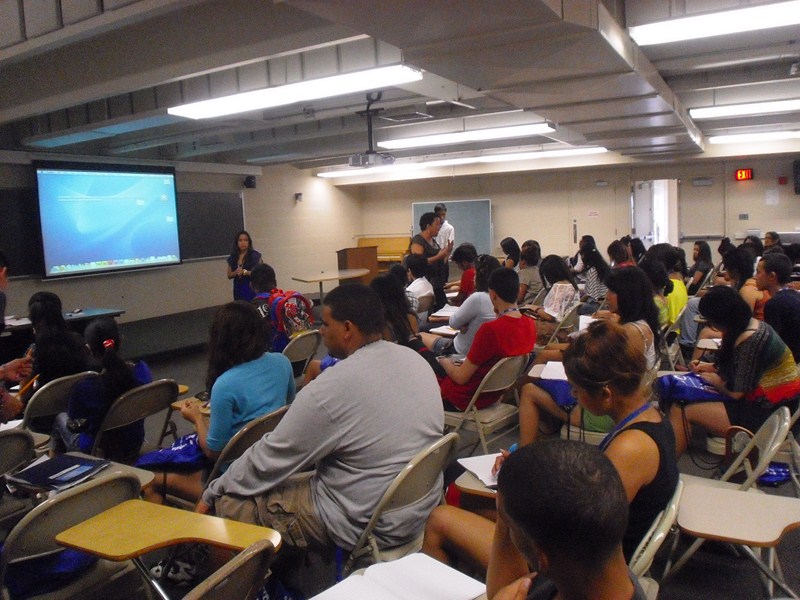
Since I have been a teacher for over a decade now, I was armed with a lesson plan, prompts for reluctant writers and a spirited opening that introduced them to my story. I left my performance for the end as per Latanya’s advice. I told the students they needed to be fearless when writing poetry because the paper will not judge them. I was elated to see students who were engaged, eager to write and participate. Some students, who initially struggled defining poetry and spoken word, tackled the prompts and wrote vignettes of their lives in English, Spanish and Nepalese in their journals. The more they wrote, the more their lives were revealed. Even counselors participated and shared memories, angst, and worries. Tears flowed as pain traveled from pen to paper. Joyce Avila, the camp supervisor and a no nonsense maternal figure originally from Brooklyn, had to step out of the room a few times to wipe her tears and those of counselors and students overcome with emotion.

 |
 |
 |
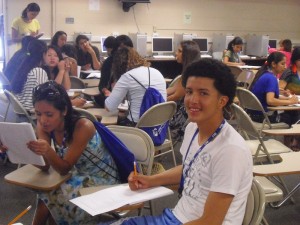
These students are definitely our future leaders. They fearlessly used poetry to tell their stories and didn’t allow language, pain, or the shedding of public tears to get in the way of their message, their hopes, their struggles and their dreams.
They reminded me I must always remain fearless!
 |
 |
 |

A special thanks to Stella Lee for being my road trip buddy and photographer for the day!
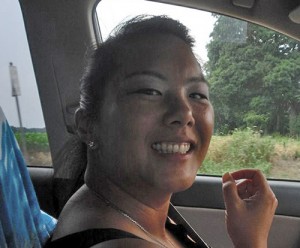
![]()